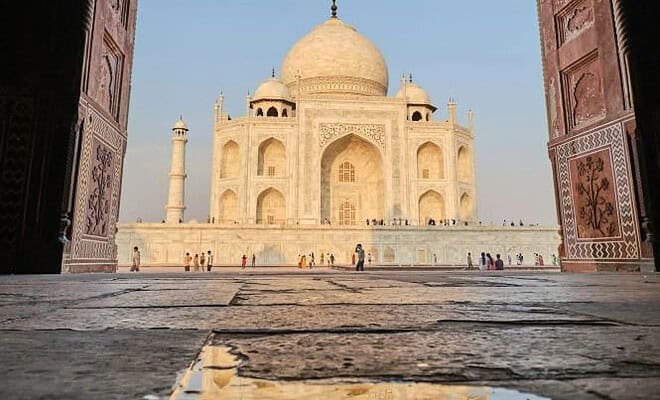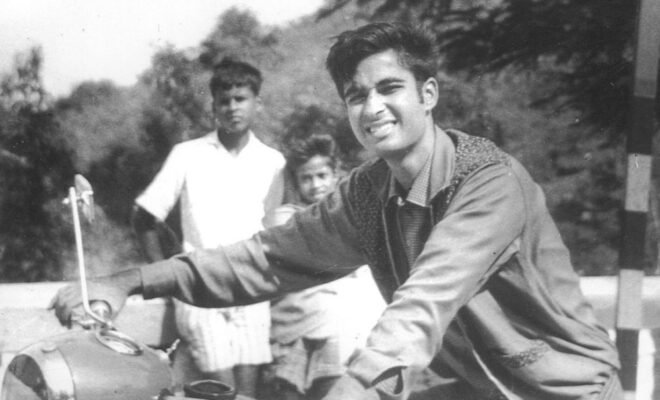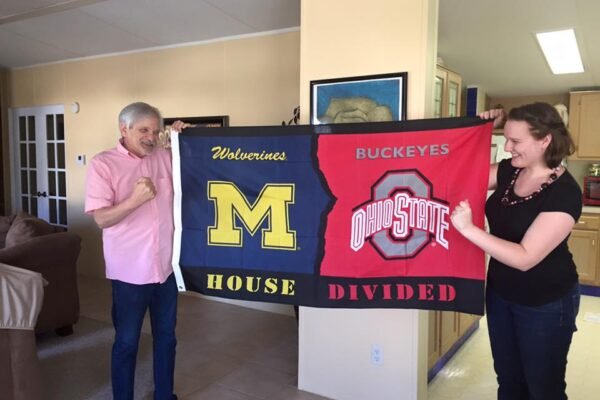The Calm After the Storm

It took only a few hours to obliterate the country. Then the skies cleared, and we crawled out of our houses on shaky limbs, fearful of what awaited us.
The year was 2004, and our tiny island had been safe from catastrophe for over fifty years. One of the most destructive storms to cross the Caribbean Sea changed it all, battering us with ferocious winds and awakening a fear that never left our hearts.
Overwhelming darkness dominated the aftermath, and even the ancient oil lamps my parents stored in the untouched part of our house couldn’t illuminate the blackness of that tragic day.
It was my mother who released a heavy breath, rolled up her sleeves, and delegated tasks to start the clean-up process. “Rocky, get rid of the flood waters inside the house,” she instructed with a tone that threatened to slap me if I was to object. So, without hesitation, I grabbed the broom and started sweeping the pool around my ankles. In the murkiness, I found remnants of our oil down—a meal comprising various types of meat, breadfruit, and dumplings, steamed to perfection in coconut milk and turmeric. My stomach rumbled, and I cursed the hurricane for forcing me to abandon my home hungry while it capsized a massive pot of perfectly delectable food.
For my mother, no electricity meant cooking all the ingredients in the fridge before it spoiled, even though she could not guarantee tomorrow’s meal. So, while she unleashed her frustration on the remaining pots and pans, I primed myself for the feast that awaited me.
Clean-up was a heavy burden for my younger cousin and me. We maneuvered through the twisted galvanized sheets and debris carelessly and I noticed my mother’s eyes bulged on more than one occasion. “Be careful,” she yelled with a hoarse voice, as a large nail almost impaled my foot. I remembered a scene from my neighbor’s house then. It involved some bulky wood with a splintered edge penetrating all layers of their roof, stopping only when the pointer nipped the material of the sofa.
After that, my mom gave me a different task; dumping debris in the treacherous heat as the plastic bucket scraped my calf. “I don’t wanna do this anymore,” I whined, but her clenched jaw and rigid posture had me scrambling for another load.
Heavy rumbling from the other side of the hill indicated a different physically tasking chore. As it turned out, carrying filled buckets of water from the delivery trucks into our disarrayed living quarters was equally tormenting. However, when the sun disappeared from the sky, leaving a trail of orange glow, I forgot the laboring tasks of the day. My family and neighbors gathered around the coal pot to share the haunting folklore of Lajabless and Ligaroo. On these nights, I learned of the devil seductress with a single hoof and a vampiric shapeshifter who sold his soul for powers. On those nights, I forgot about the feral display of looting and the uneven distribution of rations.
What I remember most about that time after the hurricane wasn’t the unfavorable reputation stamped on my country from acts of desperation. It wasn’t the destruction or the realization that God was not a Grenadian. What I remember most was singing along to my father’s acoustic guitar playing while he gazed at me. At that moment, I wasn’t a teenager on the verge of finding my place in the world. I was, once again, daddy’s little girl, a feeling that warmed my heart and amplified my vocal range.
I remember my mother’s kindness as she distributed our meager rations to those more unfortunate. Watching her refuse to leave our neighbors undone while she struggled to normalize our lives heightened my admiration for this already idolized figure.
When I think back, I still remember her smile, a smile that radiated love and the essence of togetherness.









